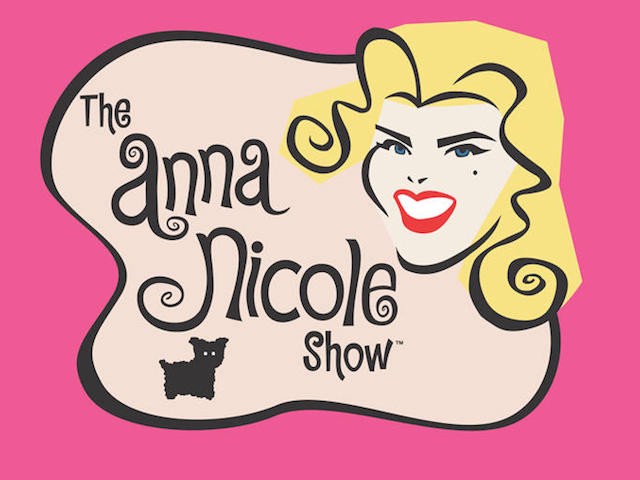Does It Matter If They’re Laughing At You?
by Alexandra Molotkow

“It’s not supposed to be funny,” reads the tagline to The Anna Nicole Show, which premiered in 2002. “It just is.”
It was funny, for the reasons implied: Anna Nicole Smith was “an obscene trainwreck,” as Entertainment Weekly put it, a hot mess and a natural ham. Those were much crueler times, or at least, our cruelty was more obvious: people had fewer scruples, for instance, about laughing scornfully at a single mom with a drug addiction. Audiences got higher on schadenfreude and were brutally unforgiving of the “undeservedly” famous; camera access was still restricted. This was the era of Superstar USA, the American Idol-in-reverse which rewarded the least skilled and most peculiar contestants. This was the time of William Hung.
Audiences loved (and still love) to see a beautiful woman punished, particularly one who seems to make a living off her sexuality. So yeah, The Anna Nicole Show’s packaging was cruel, and it looked much crueler when Smith’s son, Daniel, died of a drug overdose just a few years after it aired; Anna Nicole died six months later.
Back then I watched the show out of morbid curiosity, and to laugh at its star; I re-watched it recently expecting to feel guilty, but I didn’t, really, because I noticed something I hadn’t before: Anna Nicole is mostly very likable, and when she works a camera, she knows what she’s doing. When she humps the bed at a prospective apartment, or pouts and demands a pickle, or tells the camera she needs to go home and masturbate; when, as a makeup artist smears her lids with garish blue, she air-kisses and murmurs, Come on, I dare you. Bring it on, Big Boy — she’s putting on a show. Of course she is! And she’s a natural performer.
She’s not stupid, either. When, in the back of a limo, her attorney Howard K. Stern (“I saw him as a coattail-riding ambulance chaser,” Bobby Trendy told Michael Musto after her death), tells her to “speak out in support of Israel,” she side-eyes him. “I’m just gonna shut up,” she says. “I know nothing about nothing.”
Not that Anna Nicole Smith’s life wasn’t, in many ways, a public tragedy. And there are painful moments, plenty of them, in which you’re not sure whether she’s moaning or breathing laboriously. But much of the time she’s charming, a big puff of id, rolling languorously through her life. Her affection for her son is obvious, and she seems to be having fun. “It came along at the right time,” she told USA Today, before the show debuted. “I was in litigation for seven years. I was all depressed, and I lay in bed all day and gained weight. It got me out of bed and got me moving.”
In one episode, a woman approaches her and Stern, who are snacking at an outdoor table. “I think you’re great,” she says, “but I think you’re being exploited.”
“Oh yeah, well, I don’t mind,” Smith replies, without missing a beat. “As long as I’m getting paid for it.”
Leaving aside her producers’ ethics, whether the show is cruel or not depends on the attitude with which you consume it. As they say at Room screenings, “You can laugh, you can cry, you can express yourself, but please don’t hurt each other.” Sometimes laughter is a natural, and mostly good-natured reaction to difference, or the appearance of something strange, uncategorizable, silly, or brilliant, or all or some of the above. The performer might intend it, or they might not mind, anyway. No one, from the most highbrow whatever to the reality star, gets to control the impression they give. You can only do your thing. Anna Nicole Smith did her thing for as long as she lived, and she did it magnetically, even when she was in trouble.
The Anna Nicole Show came around in early days of the reality show boom, a time of assumed contempt for those famous for being famous. A decade and a half after The Osbournes premiered, we’ve accepted that people are sometimes interesting because they’re interesting, and that’s enough. I’m not defending reality television as something high-minded or particularly concerned with the “art of living.” It’s entertainment, it works on the basest characteristics of its audience, and it is, often, exploitative. But being compellingly yourself is a talent, and sometimes a respectable business. A fair transaction, anyway.